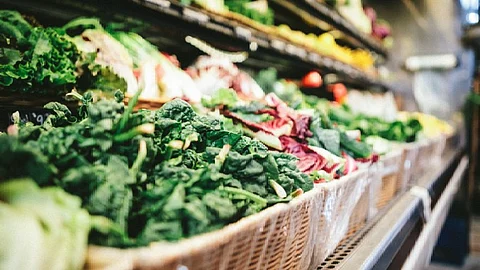

Canada's inflation rate cooled to 1.7% in July, marking the lowest level in four months as falling gasoline prices helped ease pressure on household budgets.
The Consumer Price Index dropped from 1.9% in June, with gasoline leading the decline.
Gas prices fell 16.1% compared to the same month last year, a steeper drop than the 13.4% decrease seen in June.
This decline reflects the removal of the consumer carbon tax and lower crude oil prices following the ceasefire between Iran and Israel.
However, excluding gasoline, inflation remained steady at 2.5%, matching the rate from May and June.
This suggests price pressures persist across the economy.
Grocery costs rose at a faster pace, climbing 3.4% year-over-year compared to 2.8% in June.
Coffee prices surged 28.6% while confectionery jumped 11.8%, driven by poor weather conditions affecting cocoa and coffee bean production in growing regions.
Fresh fruit prices also accelerated, rising 3.9% with grapes up nearly 30%.
Since July 2020, Canadians are paying 27.1% more for groceries than five years ago, highlighting the ongoing strain on family food budgets.
Housing costs continue to climb, with shelter prices up 3.0% year-over-year.
Rent increases accelerated to 5.1% nationally, with the Atlantic provinces and British Columbia seeing the steepest jumps.
Natural gas prices fell less sharply than in previous months, declining 7.3% compared to a 14.1% drop in June.
The Organization of the Petroleum Exporting Countries and its partners increased supply, helping push energy costs lower.
